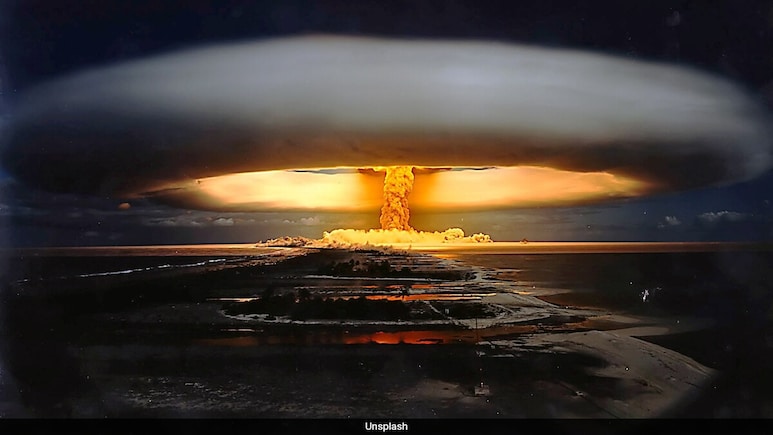
A new study by scientists at Pennsylvania State University suggests that a large-scale nuclear conflict could have a devastating impact on the global food supply, far beyond the immediate blast zones. The research, which simulates the effects of a "nuclear winter", indicates that a significant drop in sunlight caused by soot and dust in the atmosphere could lead to widespread crop failure for years.
The study used corn, the most widely grown grain in the world, as a representative crop to model the potential effects on global agriculture. The findings highlight the far-reaching and long-lasting consequences of nuclear war on food production, posing a serious threat to populations worldwide.
The study was published in the journal Environmental Research Letters.
"We simulated corn production in 38,572 locations under the six nuclear war scenarios of increasing severity-with soot injections ranging from 5 million to 165 million tonnes," said Yuning Shi, plant scientist and meteorologist at Penn State. "This investigation advances our understanding of global agricultural resilience and adaptation in response to catastrophic climatic disruptions."
Shi said he believes that this was the first study to estimate the extent of UVB radiation damage to agriculture after nuclear explosions, which the researchers predicted would peak six to eight years after a global war. They estimated this could further cut corn production by an additional 7%, for a total worst-case scenario of an 87% drop in corn production.
Ozone high in Earth's atmosphere effectively absorbs the bulk of UV radiation the planet receives from the sun, but nuclear war would dismantle this ability, Shi explained.
"The blast and fireball of atomic explosions produce nitrogen oxides in the stratosphere," he said. "The presence of both nitrogen oxides and heating from absorptive soot could rapidly destroy ozone, increasing UV-B radiation levels at the Earth's surface. This would damage plant tissue and further limit global food production."
Track Latest News Live on NDTV.com and get news updates from India and around the world

